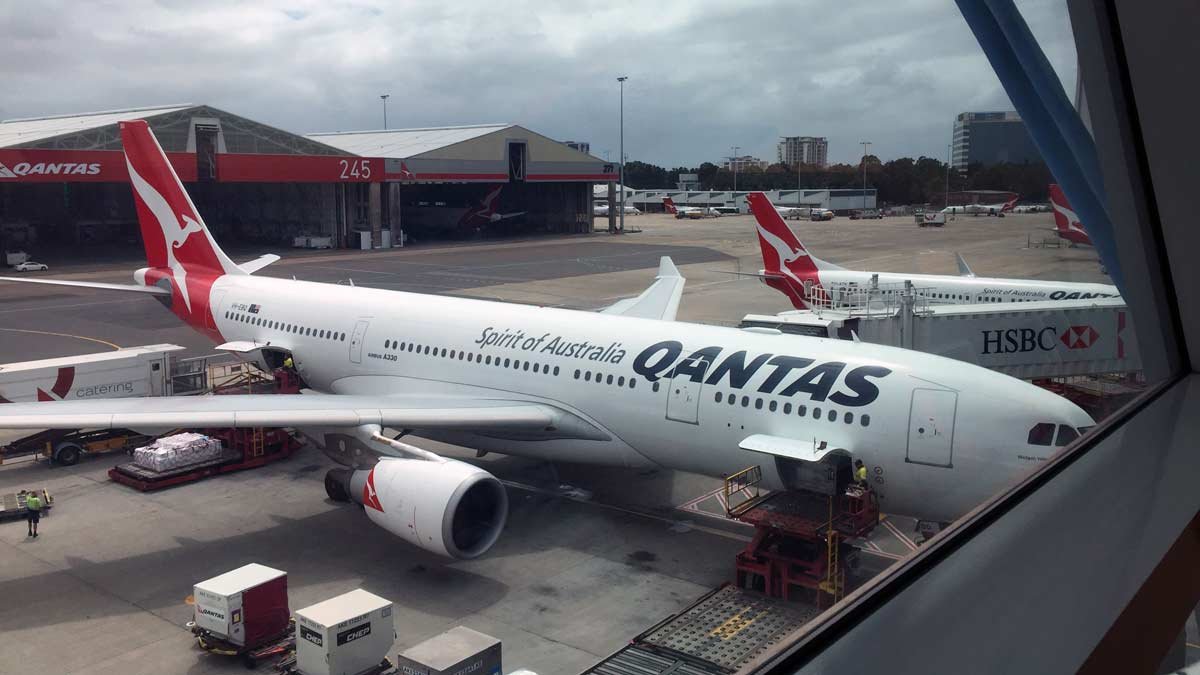In a recent note to travel agents, Qantas has announced that its fares will be increasing by an average of 3.5%, with Jetstar fares seeing an average increase of 3%. These fare hikes are set to take effect from next week, specifically on 27 October 2023. The main drivers behind these increases are the rising cost of oil and a weakened Australian dollar.
One of the major factors contributing to the fare hike is the increasing tensions in the Middle East, which have pushed the price of crude oil closer to US$100 (AU$158) per barrel. This has resulted in higher fuel costs for airlines, forcing them to pass on some of the expenses to customers. Qantas had previously stated that it would absorb the current increases in fuel prices, which were around 30% at that time. However, with further increases in fuel costs, the airline is now left with no choice but to adjust its fares.
The announcement of these fare hikes has not been well-received by customers, who are already facing other cost-of-living pressures. Qantas fares are already known for being relatively high, and some customers had interpreted the previous advice from the airline to mean that fares would not increase, but rather be delayed. This has led to resistance and disappointment among passengers.
The increased fuel prices are expected to add approximately AU$250 million to Qantas’ forecast, as stated back in August. Of this amount, AU$50 million can be attributed to the weakened Australian dollar, while the remaining increase is due to the higher crude oil prices. This additional cost has further impacted Qantas’ share price, which has dropped by 20% in the last 12 months and currently sits at a one-year low of AU$4.72.
As a result of these fare hikes, it is advisable for customers to be on the lookout for sales and special fares. The frequency and depth of these discounts may indicate the impact that the fare increases are having on sales. It is recommended that customers who have fixed travel dates and are tied to Qantas should book their flights before the fare hikes take effect. Alternatively, customers can take their chances and wait for sales promotions or the highly anticipated pre-Christmas double status credits offer.
Overall, the fare hikes by Qantas and Jetstar come as a result of increasing oil prices and a weakened Australian dollar. While these increases may be met with resistance from customers, it is important to consider the financial challenges faced by the airline industry and the need to cover rising costs.

